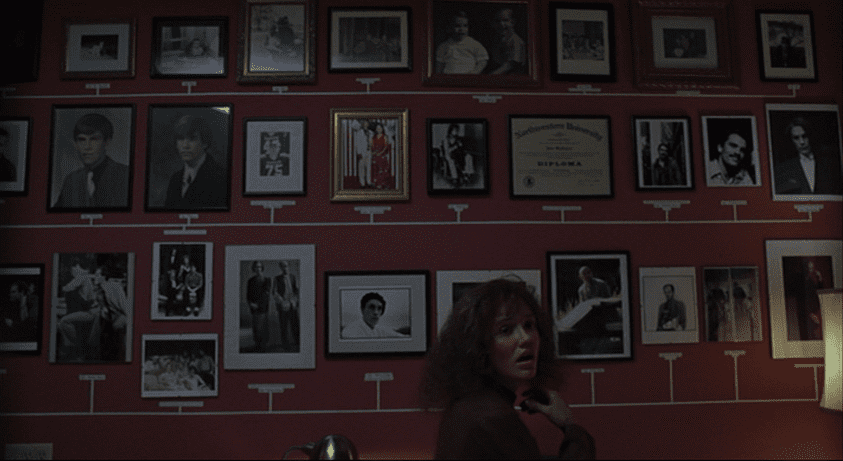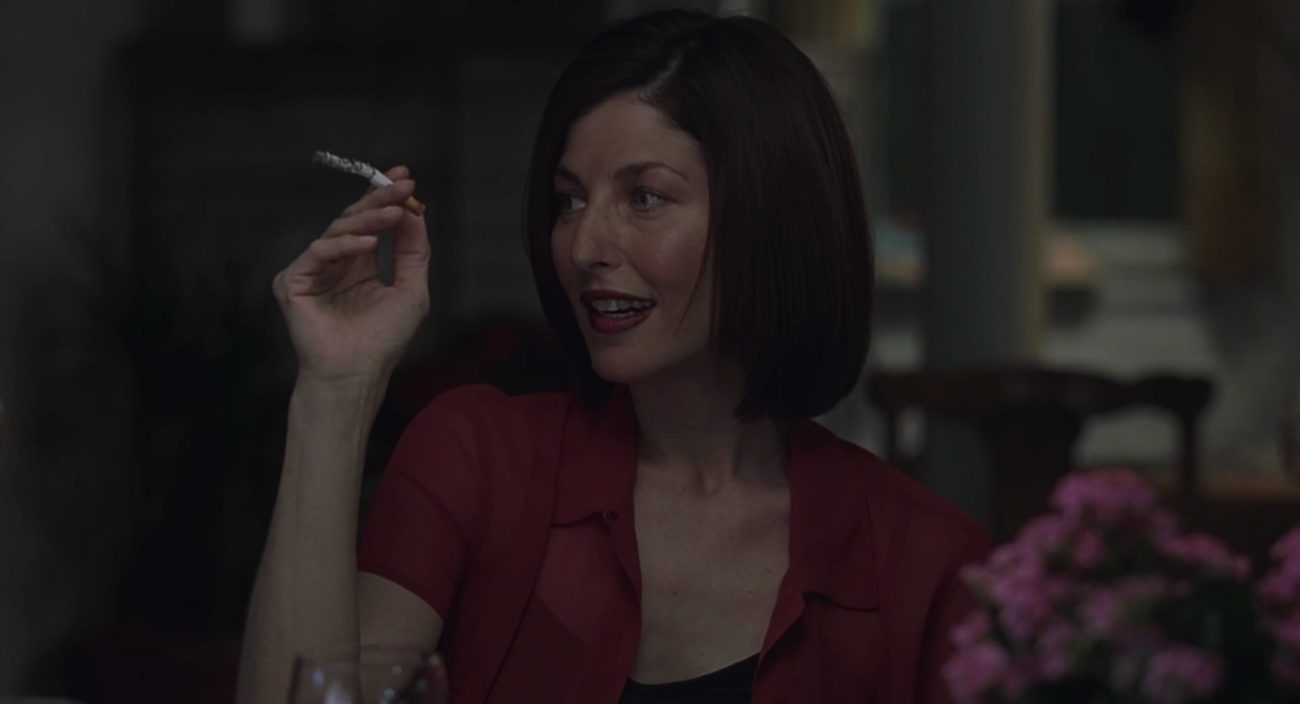Being John Malkovich is such an iconic film that the premise hardly needs re-telling. A depressed puppeteer, played by John Cusack, discovers a wormhole leading directly into the mind of actor John Malkovich — a discovery that turns out to be his salvation. He and his equally miserable wife, Lotte, played by Cameron Diaz, quickly become addicted to the experience, inhabiting the hapless actor’s mind (and body) for as long as they are physically able.
Are they addicted to being John Malkovich? Or are they simply addicted to being anyone other than themselves? In either case, Craig and Lotte’s mutual desperation inspires their collaborator, Maxine. Played by Catherine Keener, the enterprising Maxine quickly decides to capitalize on the wormhole, “renting” John Malkovich for $200 a session.
Maxine is a materialist at her core. She’s driven by two things and two things alone: sex and profit. For this reason, she becomes an object of obsession both for Craig and for his wife Lotte. They lust after her aura of self-possession — her seeming ability to get exactly what she wants when she wants it.
And their longing is quite understandable. In contrast to Maxine, Lotte and her husband cast withering silhouettes. Lotte’s padded-shoulder jackets and larger-than-life hair belie a meek personality. She is power-suited without power and it is only through inhabiting John Malkovich that she experiences authority. Lotte’s challenge is that she mistakenly aligns authority with maleness. She feels so empowered when she’s within his skin that she becomes desperate for it. For Lotte, being John Malkovich is a means of unlocking her own sense of self-worth — the experience of having power in the world. Craig, on the other hand, believes he can inhabit Malkovich forever and would, in fact, prefer to do so. The mistaken belief that happiness must be stolen (rather than discovered) is Craig’s tragedy.
Through an aesthetics of uncertainty, Being John Malkovich positions itself firmly within the borderlands of reality and fantasy. The beauty of this film is in its strange familiarity, presenting a world that is odd in its details but not so far from our own. Much like reality, uncertainty is the fabric of Being John Malkovich. And it is against this backdrop of sur-reality that the film asks some pertinent questions. What is self? What does it mean to be a walking, talking human being with this thing we call free will? Does free will exist? Or is it just a nice story we tell ourselves while we’re going through the motions?


 " alt="">
" alt="">